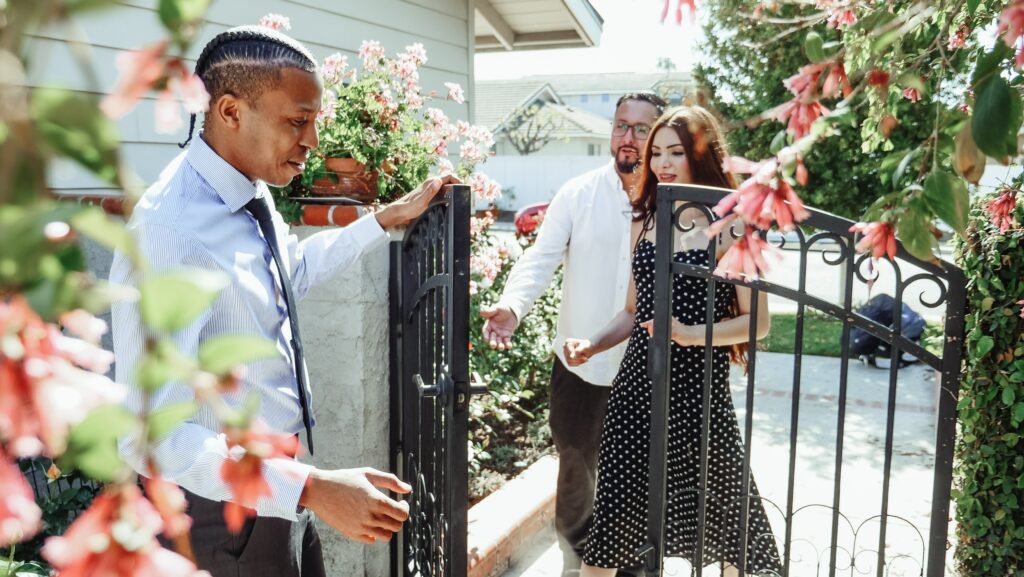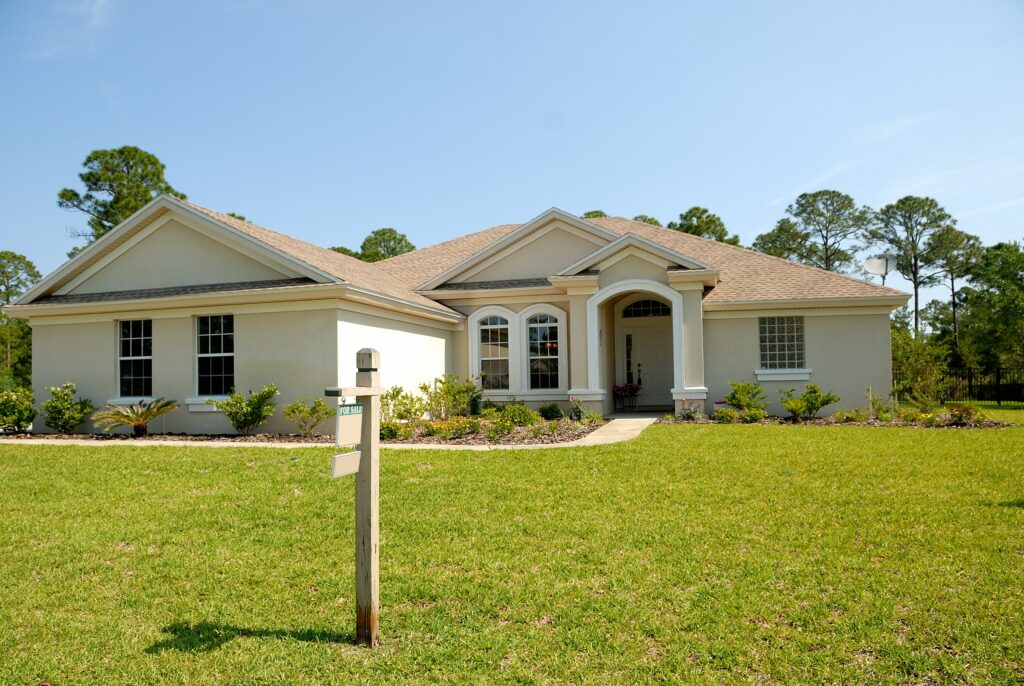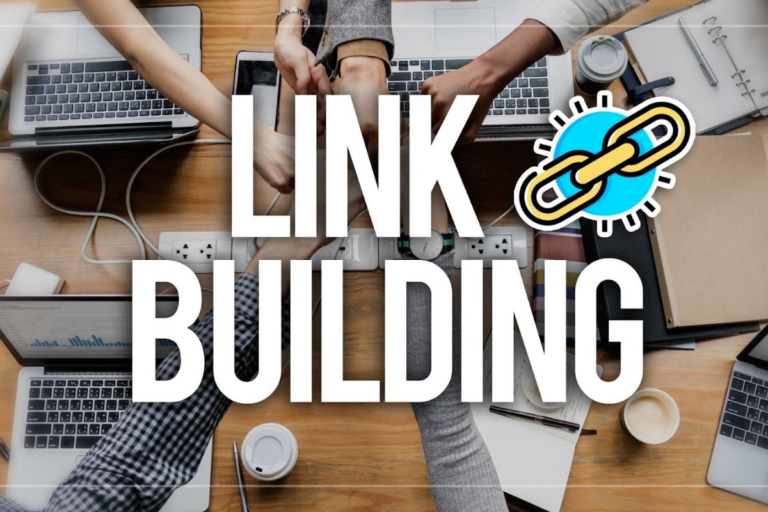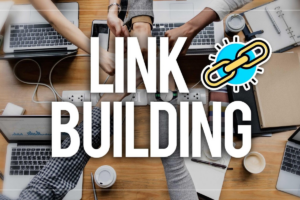Preparing yourself for buying your first home could take you on a rollercoaster of emotions — nervous, excited, and maybe even a little stressed.
While the prospect of moving into your own property excites you, the thought of finances and saving up for a deposit seem daunting and stressful.
But with careful planning and smart budgeting, it is possible to save enough for a down payment and other associated costs.
We bring you 8 practical tips for saving money when buying your first home.
Post Contents
1. Start Saving Early
It might sound obvious, considering you need to save up for your down payment, but there is a hidden benefit to it.
Your down payment plays its part in determining your interest rate on the mortgage. A higher down payment will mean lesser monthly payments and a lower interest rate.
So, the sooner you start saving for a down payment, the better. It will not only give you more time to save but also allow you to accumulate a high down payment and subsequently reduce the interest amount.
It’s also a good idea to determine how much money you’ll need upfront. This will help you adjust your saving goals and make appropriate financial decisions. You can click here to learn more.
2. Improve Your Credit Score
Your credit score is one of the most important factors determining if you qualify for a mortgage and at what interest rate.
A good credit score shows lenders that you’re a low-risk borrower, which could lead to a lower interest rate on your mortgage. So, try to improve your credit score before you start the home buying process.
You can improve your credit score by paying your bills on time, maintaining a good credit history, and keeping your credit card balances low.
3. Avoid Buying in the Seller’s Market
In a seller’s market, there are more buyers than homes for sale. This could lead to prices being pushed up and homes selling for more than their asking price.
As a first-time buyer, you might be tempted to buy in a seller’s market because you think prices will continue to rise. However, this could be risky as you might end up paying more than the home’s worth.
So, it’s important to research and consult with a real estate agent before making an offer on a home in a seller’s market.

4. Pay a Real Estate Agent To Find Good Properties
Speaking of real estate agents, remember that an experienced real estate agent can help you find better properties compared to doing your own research.
A real estate agent will have access to information about upcoming listings and insight into the local market. Moreover, they can help you negotiate a better price for the property.
While you will have to pay your agent a commission, it could be worthwhile in terms of the overall deal.
5. Look for a Fixer-upper House
Buying a fixer-upper home could be a good idea if you’re willing to put in some extra work. Not only will you get a lower purchase price, but you can also add value to the property by renovating it.
Just be sure to factor in the cost of renovations when budgeting for your first home. And, if you’re not handy with tools, you might want to hire a contractor to do the work for you.
6. Invest in a Home Inspection
Once you’ve found a property you’re interested in, it’s important to have it inspected by a professional home inspector.
This will help you identify any potential problems with the property that you might have missed during your visit.
It’s important to invest in a home inspection even if the property is new, as there could be hidden defects that you’re unaware of.
Instead of paying thousands later for house repairs, spending a few hundred on a professional home inspector would be much more logical and profitable.
7. Find a Good Mortgage Broker for Better Deals
A mortgage broker is a professional who helps borrowers find the best mortgage deals that suit their needs. Why should you hire one?

Well, a good mortgage broker will have a wide network of lenders and will be able to do the legwork for you. Plus, they might also help you negotiate a better interest rate with the lender.
It’s a good idea to talk to friends and family who have already bought homes and discuss the pros and cons of hiring a mortgage broker.
8. Make Your Home Energy Efficient
Once you have finalized a property and secured a mortgage deal, it’s time to look for ways to save more money.
We highly recommend making your home energy efficient because it’s good for the environment and can save you money on utility bills.
The top ways to make your home energy efficient are insulating your walls and ceilings, using energy-efficient light bulbs, and installing solar panels.
Making your home energy efficient can also help you qualify for certain government incentives.
So, that’s a wrap on our tips for first-home buyers! With these tips in mind, you should be well on your way to finding your dream home within your budget.






























